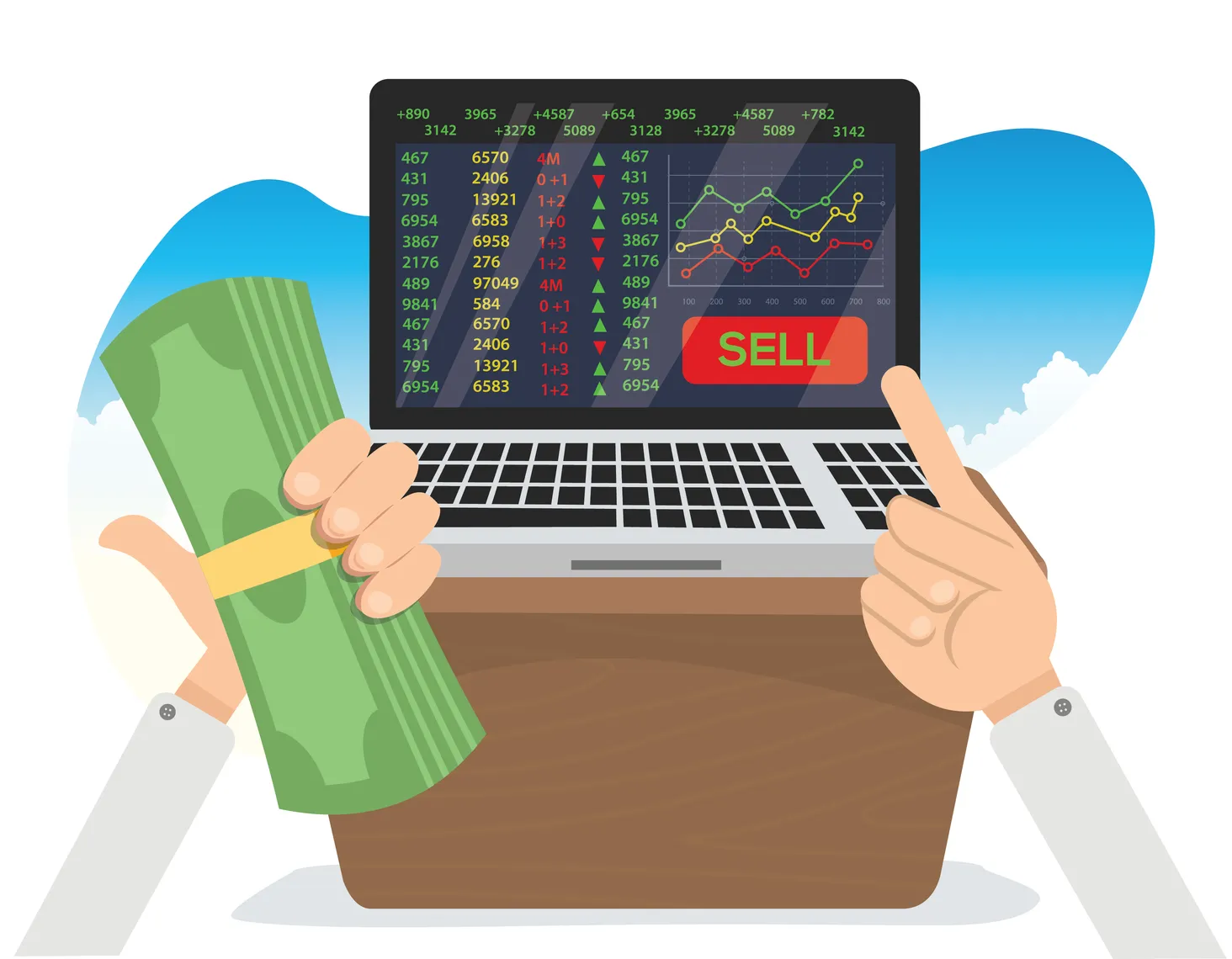What is monetary value?

Monetary value is the amount of money you would expect to receive from selling something. It’s what something is currently worth right in purely financial terms.
The monetary value of investments can usually be worked out fairly easily. With stocks, commodities and other assets that are widely bought and sold, value is seen on the markets where they are traded. The current price that they can be sold for is their monetary value.
The value of some items may be volatile, as is the case with cryptocurrencies and certain stocks. Examples of areas where the monetary value of investments is generally more stable over time include the bond market.
Other areas where we may want to establish a cash value include goods and services that a company is looking to sell. What does monetary value mean in this respect? The key is to consider the supply and demand levels of the market to understand how much people would be willing to pay for what the business offers.
Where have you heard of monetary value?
This term is often used in reference to the current price of commodities, such as precious metals, and other tangible goods. We can also use a monetary value example to explain the expected value of something less tangible, like copyrights and other intellectual property.
Monetary value can also offer a way of working out the value of an economic policy decision by attaching a cash value to the benefits of following a certain course of action.
Monetary value can be used to calculate risk. By considering expected monetary value (EMV) – calculated by multiplying the probability of each outcome occurring by the value of each possible outcome – we can use numbers to analyse the possible financial impact of any decision.
The opposite term, no monetary value, is applied to aspects of the economy that can’t be calculated in purely financial terms. This relates to tasks such as household chores or when you help out a friend for free.
What do you need to know about monetary value?
A good understanding of monetary value is vital in many aspects of the financial world.
-
Movement of an investment’s monetary value indicates how well an asset is performing.
-
It allows businesses to set the right price for their goods and services, by understanding their worth in the current market.
-
It’s useful when we need to attach a value to something that has no market price, such as when an item is very rare.
The last point can be explained when looking at aspects of nature for which there’s no market. For example, this academic paper looks at the monetary value of the Kreetsand area of the Elbe River in Germany. While it’s easy to underestimate the value of nature, this study points out that the region’s economic value is nearly €36.5m, which allows the author to suggest that a project of about the same value would be worthwhile on a financial basis.